Portugal
sunny, historic, coastal, vibrant, wine
About Portugal
Culture and Religion
Where to go
How to get there
Visa Requirements
Travelling Budget
About Portugal
Portugal, officially known as the Portuguese Republic, is a southwestern European country located on the Iberian Peninsula. With a rich and storied history, Portugal has emerged as a popular tourist destination, attracting visitors from around the globe.
One of Portugal’s most distinctive features is its stunning natural beauty. From the rugged cliffs of the Algarve to the rolling vineyards of the Douro Valley, the country offers a diverse and picturesque landscape. Additionally, Portugal boasts an impressive coastline, with beaches that cater to all tastes, whether you seek sun-soaked relaxation or thrilling water sports.
The country’s history is deeply intertwined with its maritime past. Portugal was a leading global power during the Age of Discoveries, with explorers like Vasco da Gama and Ferdinand Magellan paving the way for the nation’s global influence. This rich history can be seen in its fabulous architecture, from the fortified walls of medieval castles to the intricate blue-tiled facades of traditional buildings.
Portugal is also known for its warm and welcoming people. Hospitality is a strong cultural trait, and visitors can enjoy a genuine sense of community and friendliness wherever they go. The country’s gastronomy is another highlight, with a variety of delectable dishes featuring fresh seafood, aromatic spices, and traditional ingredients.
In recent years, Portugal has gained recognition for its vibrant cities. The capital city of Lisbon is a fascinating blend of modernity and tradition, with its hilly streets, charming neighborhoods, and lively nightlife. Porto, on the other hand, offers a captivating mix of old-world charm and contemporary design, not to mention its famous port wine cellars.
Whether you’re drawn to Portugal’s remarkable history, breathtaking landscapes, delicious cuisine, or friendly locals, the country has something to offer every traveler, making it an unforgettable destination worth exploring.
Culture and Religion
Portugal boasts a rich and diverse cultural heritage that is deeply influenced by its history and traditions. The country’s culture is an amalgamation of Celtic and Roman influences, as well as the Moorish legacy from the medieval Islamic rule.
Religion plays a significant role in Portuguese culture, and the majority of the population identifies as Roman Catholic. The Catholic Church has had a profound impact on Portuguese society, shaping both its moral values and architectural landscape. Many stunning churches, monasteries, and cathedrals can be found throughout the country, showcasing intricate carvings, beautiful stained glass, and religious art.
Festivals and religious celebrations are an integral part of Portuguese culture. Festivities like Easter and Christmas are celebrated with great zeal, and religious processions are common, often featuring ornate statues and traditional music. One of the most famous religious events is the Festa dos Tabuleiros, held every four years in the town of Tomar, where locals participate in a colorful parade carrying tall towers of bread.
Beyond religion, Portuguese culture is enriched with music, dance, and traditional art forms. Fado, a soulful and melancholic genre of music, is considered the national music of Portugal. It expresses a range of emotions and storytelling themes, often accompanied by the soul-stirring cries of a guitar. Traditional folk dances, such as the Vira and Corridinho, are also popular, showcasing regional costumes and lively choreography.
Portuguese cuisine is a source of great pride, known for its fresh ingredients, flavorful dishes, and regional specialties. From hearty seafood stews like Caldeirada to the famous custard tarts known as Pastéis de Nata, food plays a central role in Portuguese culture, bringing family and friends together around the table.
Overall, Portugal’s culture and religion blend beautifully to create a unique and vibrant society. With its rich history, religious traditions, artistic expressions, and mouth-watering cuisine, Portugal offers visitors a culturally immersive experience that is both awe-inspiring and enriching.
Where to go
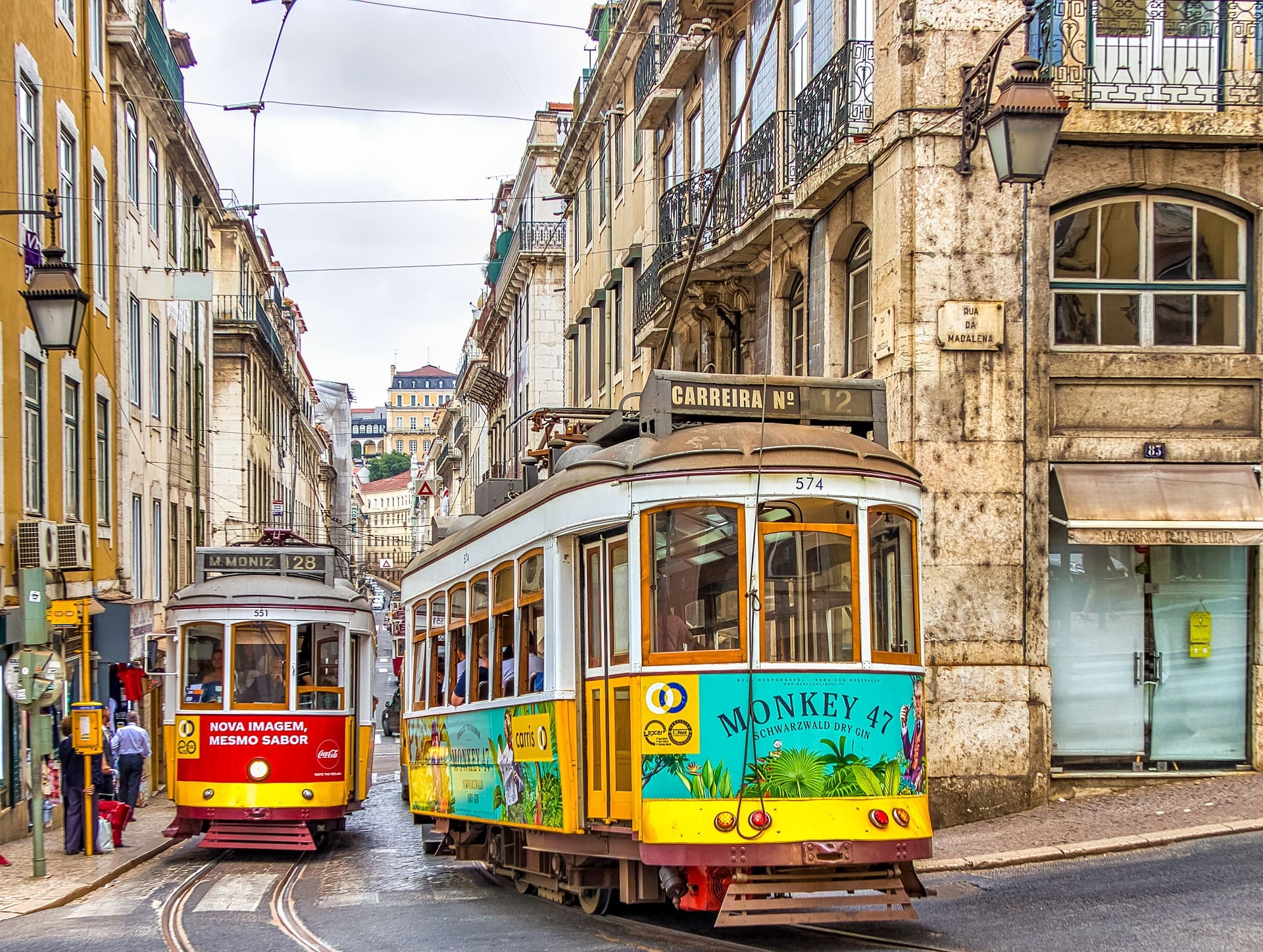
Lisbon
Portugal’s capital city is a vibrant and captivating destination with a blend of old-world charm and modern energy. Explore the historic neighborhoods, such as Alfama and Bairro Alto, visit iconic landmarks like the Belém Tower and São Jorge Castle, and enjoy the panoramic views from the viewpoints scattered throughout the city.

Porto
Located in the north of Portugal, Porto is renowned for its charming old town, colorful streets, and the Douro River. Visit the famous port wine cellars in Vila Nova de Gaia, stroll along the Ribeira district, cross the iconic Dom Luís I Bridge, and admire the stunning architecture, including the Sé Cathedral and the Livraria Lello bookstore.

The Algarve
Portugal’s southernmost region, the Algarve, is known for its picturesque coastline, stunning cliffs, and golden beaches. From popular tourist spots like Lagos and Albufeira to hidden gems like Sagres and Tavira, this region offers a mix of relaxation, water sports, and delicious seafood.
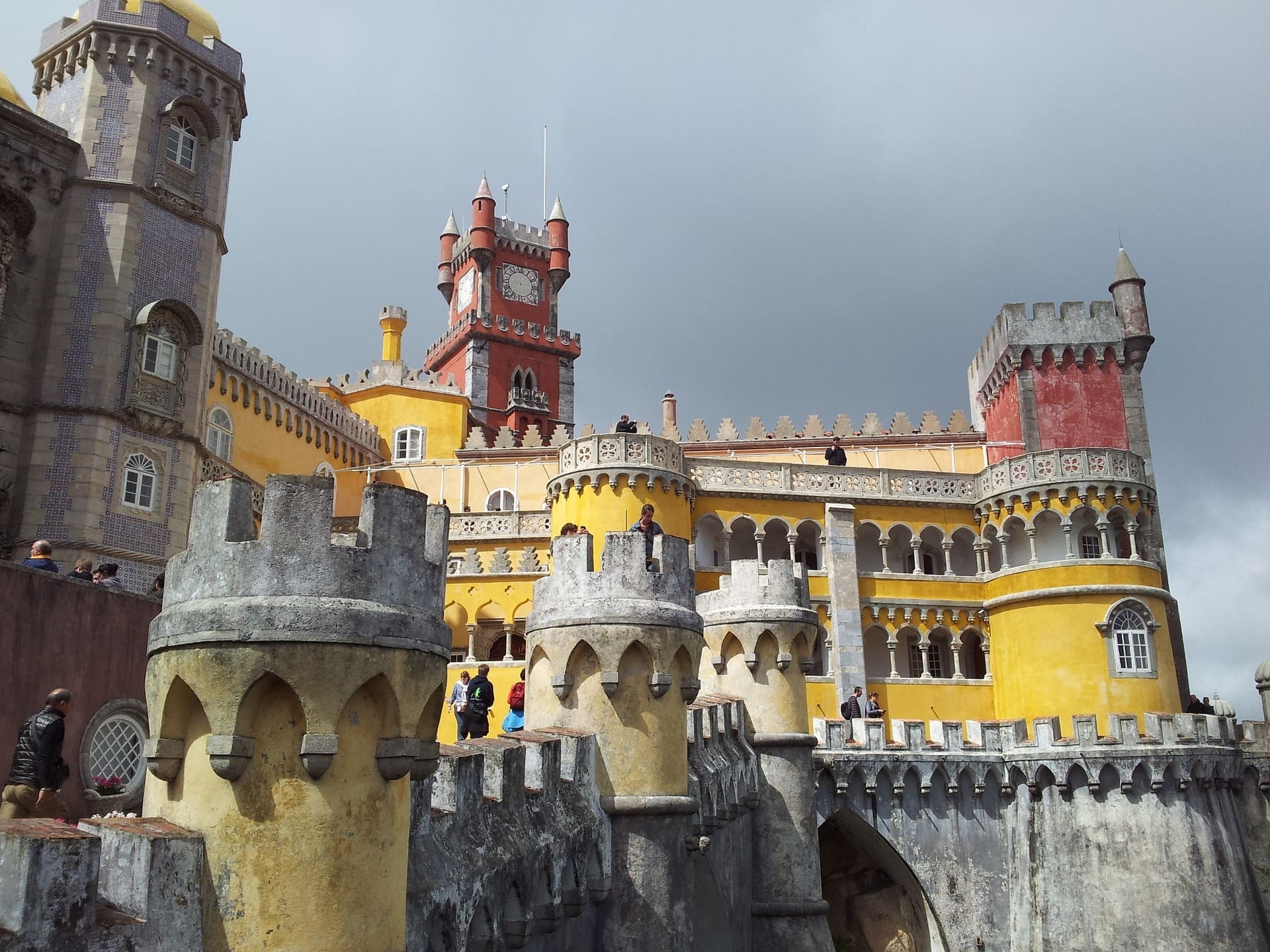
Sintra
Just a short distance from Lisbon, Sintra is a fairytale-like town nestled in the hills. Explore its enchanting palaces, including the colorful Pena Palace, the romantic Quinta da Regaleira, and the hilltop Moorish Castle. Don’t miss the impressive gardens and the mystical atmosphere of this UNESCO World Heritage Site.
Note: These are just a few highlights among many that Portugal has to offer. Whether you’re seeking history, stunning landscapes, coastal beauty, or vibrant cities, Portugal has something for every traveler to enjoy.
How to get there
There are several ways to get to Portugal, depending on your starting point and preferences.
If you are traveling from within Europe, the most convenient and common option is to fly to one of Portugal’s major airports. Lisbon Portela Airport is the country’s largest international airport, with numerous airlines offering direct flights from major cities across Europe and beyond. Porto Airport is another popular choice, especially for those planning to visit the northern regions of Portugal. Faro Airport, located in the Algarve, is a gateway for travelers looking to enjoy the stunning southern coastline.
For those coming from other continents, flying is usually the fastest and most practical option. There are direct flights to Portugal from various international airports, including those in North America, South America, Africa, and the Middle East. Major airlines offer connections through their hubs, making it convenient to reach Portugal from almost anywhere in the world.
Alternatively, if you prefer a more leisurely and scenic journey, you can consider traveling by train or car, depending on your starting point. Portugal is well-connected to the rest of Europe by train, with high-speed connections from neighboring countries such as Spain and France. The road network is also extensive, making driving to Portugal a viable option for those who enjoy road trips and wish to explore the country at their own pace.
Lastly, if you are cruising the Mediterranean or the Atlantic, Portugal is also accessible via its ports. Major cruise lines include Portugal in their itineraries, allowing travelers to visit popular destinations like Lisbon, Porto, and the Azores.
No matter how you choose to get to Portugal, planning in advance and booking your transportation in advance is recommended to ensure a smooth and hassle-free journey.
Visa Requirements
Visa requirements for visiting Portugal can vary depending on your country of citizenship and the purpose and duration of your visit. However, citizens of certain countries may be eligible for visa-free travel or visa-on-arrival.
If you are a citizen of a European Union (EU) or European Economic Area (EEA) country, you do not need a visa to enter Portugal. This applies to countries such as Germany, France, Italy, Spain, and many others. If you are a citizen of a non-EU/EEA country, you may be eligible for visa-free travel to Portugal for short stays of up to 90 days within a 180-day period. However, it is always recommended to check with the Portuguese Embassy or Consulate in your country for the most up-to-date information, as visa policies can change.
If you require a visa to visit Portugal, you will need to apply for one at the nearest Portuguese Embassy or Consulate in your country of residence. The specific requirements and procedures may vary depending on your nationality, but typically, you will need to provide a completed visa application form, a valid passport with a certain validity period, proof of travel arrangements (flight bookings, hotel reservations, etc.), proof of financial means to support your stay, and possibly additional documents such as travel insurance or invitation letters.
For longer stays, work or study purposes, or other specific circumstances, you may need to apply for a different type of visa, such as a student visa, work visa, or residence permit. Again, it is important to consult with the Portuguese Embassy or Consulate in your home country for accurate and detailed information.
It is advisable to start the visa application process well in advance of your planned travel dates, as it can take time to gather the required documents and obtain an appointment for submitting your application.

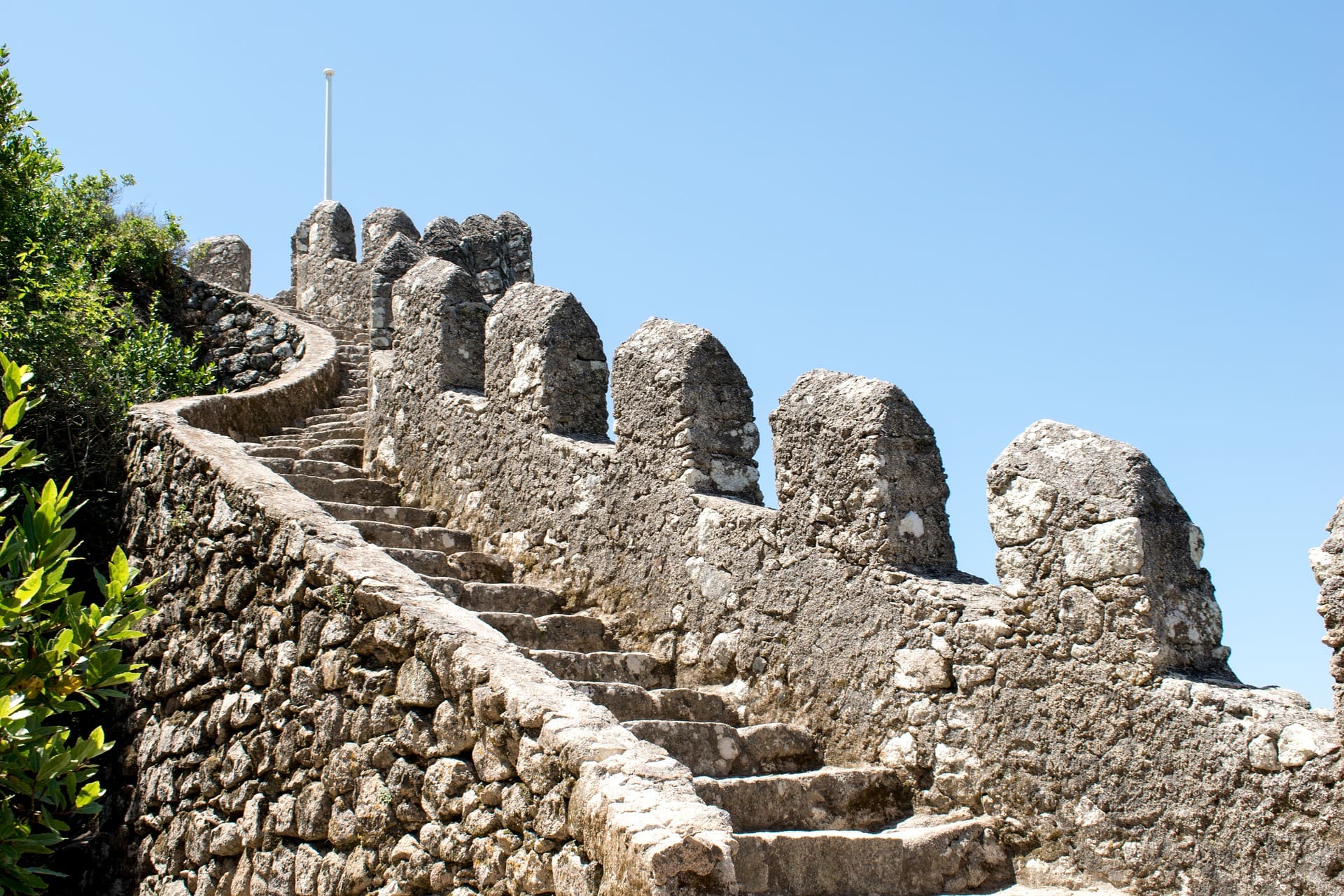
Travelling Budget
The cost of traveling to Portugal can vary greatly depending on your travel style, preferences, and the duration of your stay. Here is a general breakdown of the budget categories to consider when planning your trip to Portugal:
Accommodation: Accommodation costs can range from budget-friendly options like hostels and guesthouses to higher-end hotels and resorts. On average, budget travelers can expect to spend around €20-40 per night for a shared dorm bed or a simple guesthouse, while mid-range hotels can cost between €60-100 per night.
Food: Portugal is known for its delicious and affordable food. You can find inexpensive local eateries and cafes where you can enjoy traditional dishes for around €8-15 per meal. Dining in mid-range restaurants can cost around €15-25 per person, while higher-end establishments can cost €30 or more.
Transportation: Portugal has an efficient and relatively affordable transportation system. Public transportation, such as buses and trains, offer reasonable fares, with short bus or tram rides costing around €1.50. If you plan to travel between cities, train tickets can vary in price depending on the distance, starting from around €10. Renting a car can provide more flexibility but will also add to your expenses, with car rental prices depending on the vehicle type and rental duration.
Sightseeing and Activities: Portugal has numerous attractions, museums, and landmarks to explore. Many of them have entrance fees, which can range from a few euros to around €10-15 per person. However, there are also many free or low-cost activities to enjoy, such as exploring the beautiful beaches, wandering through historic towns, or hiking in national parks.
Overall, as a rough estimate, budget travelers should aim for a daily budget of around €40-60 per person, while mid-range travelers should budget around €70-100 per person per day. Additionally, it’s always a good idea to have some extra funds for unexpected expenses or specific activities you wish to indulge in during your trip.
What makes your journey easier
Everything you need to know about what to bring to make your travels easier, more safe and fun
Be Mindfull
Gadgets
Gear
Insurance
Visa






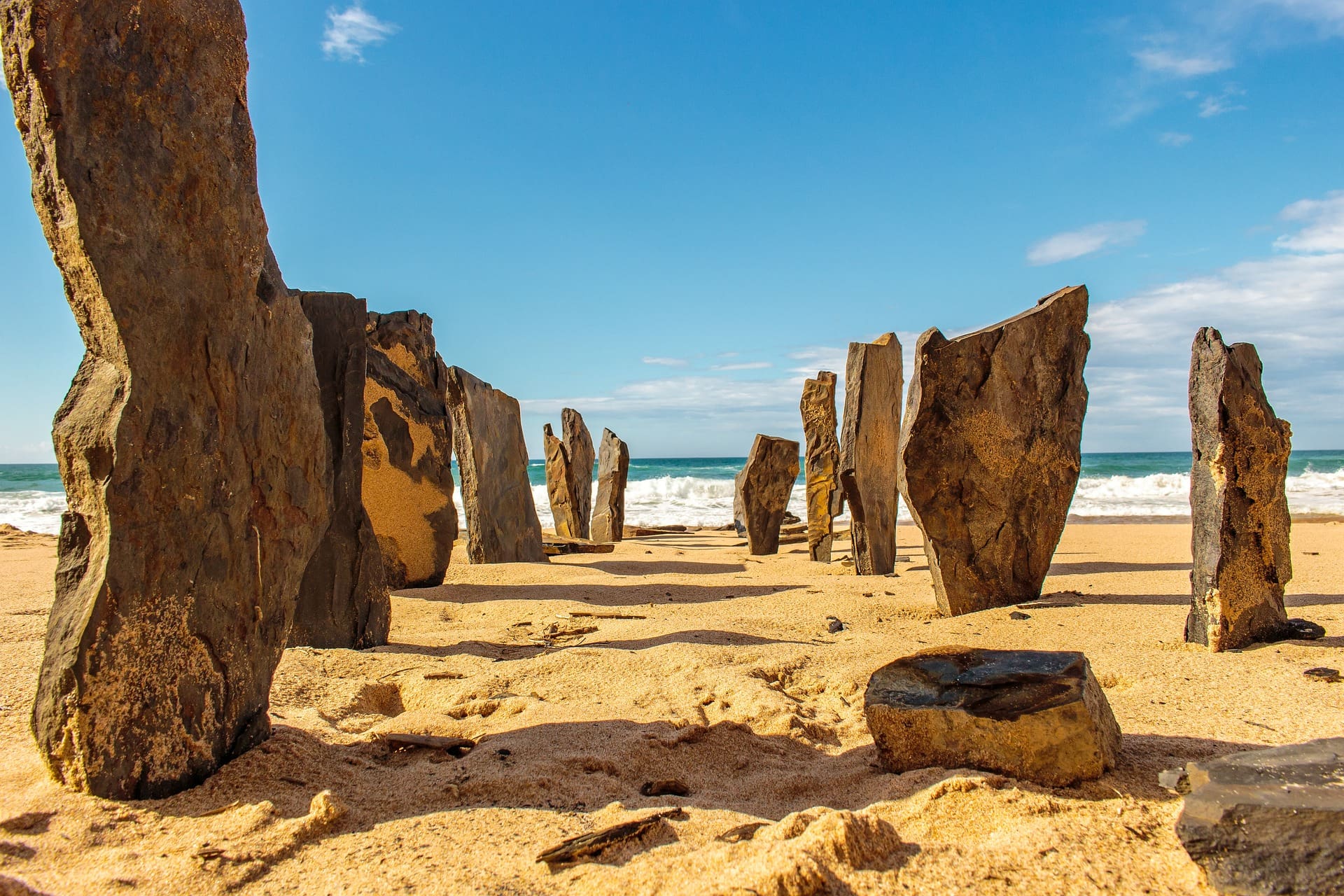
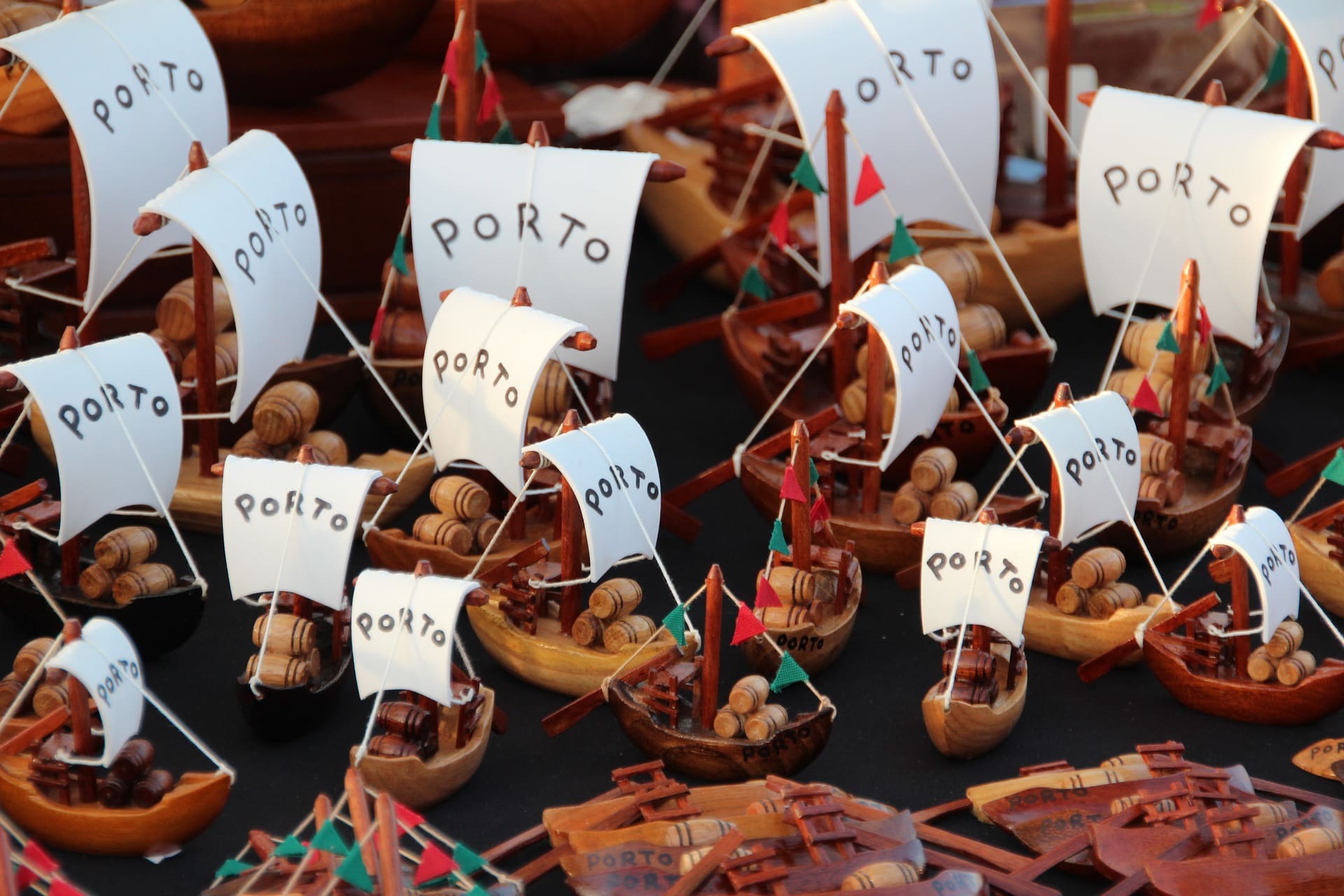






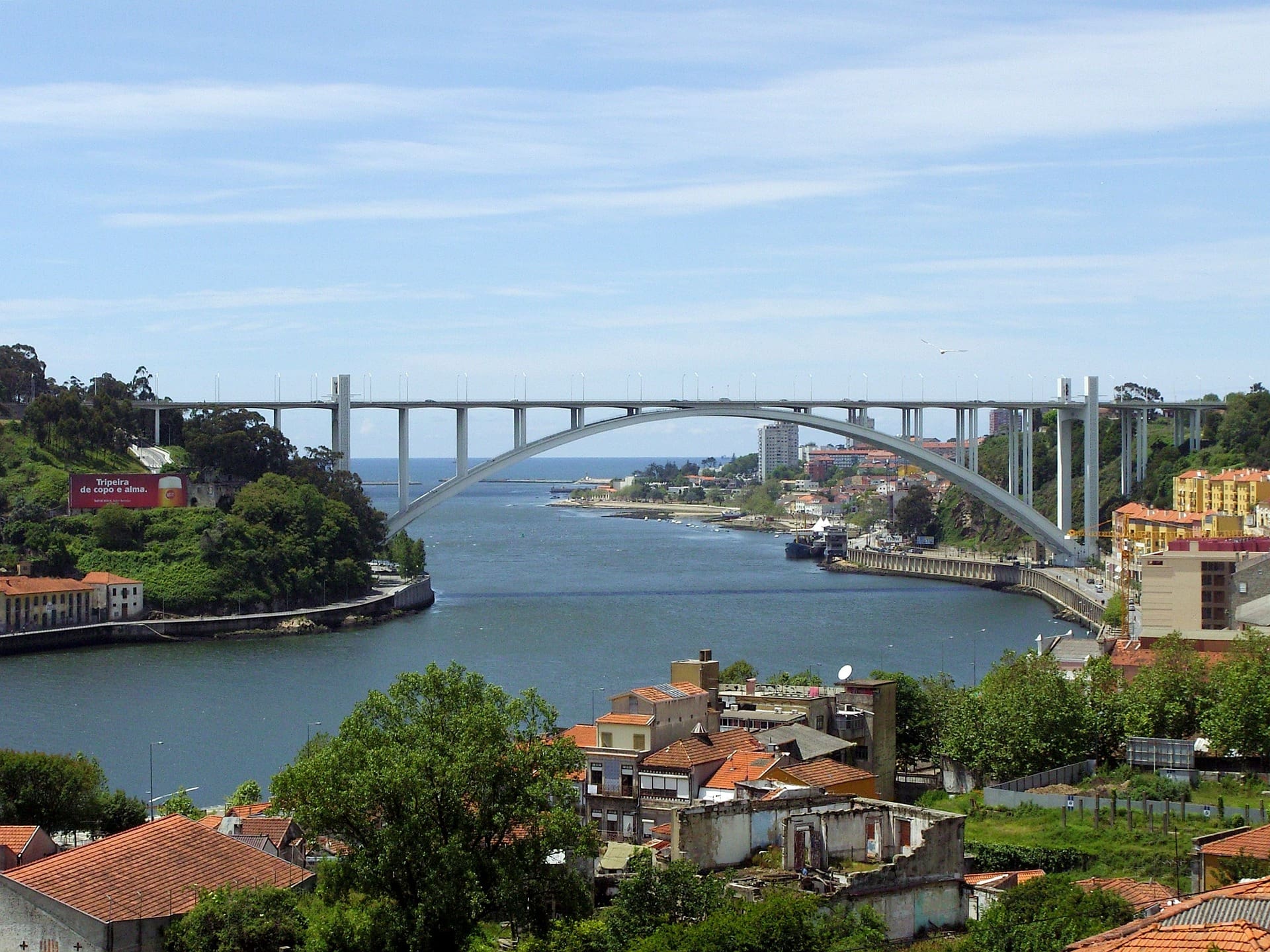

![Portugal 3 [madeira]](https://travelhd.nu/wp-content/uploads/2023/08/Portugal-3-madeira.jpg)








